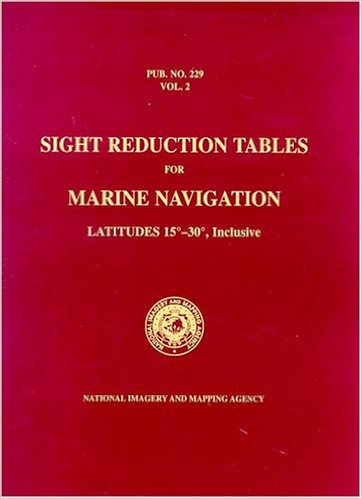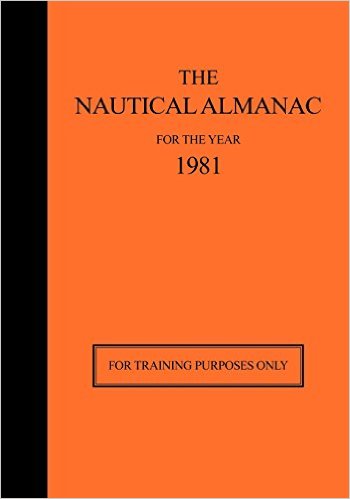I actually watched the Republican “debate” last night. What follows are my thoughts. Before we get to that, you should know that I generally don’t pay too much attention to politics and really don’t know what I am talking about in this arena. Which probably makes me an equal to most of the talking heads. My impressions.
“Winners” – before we get to my list of “winners”, maybe I should explain why I put it in quotes. By “winning”, I mean to define someone who I actually remember today that they said something instructive or constructive last night. Or they looked or acted sincere.
My big winner was Ted Cruz. He seemed passionate and sincere – a true believer. I loved the way he blasted the moderators for what were, at the least, obtuse questions. They were obviously trying to stir up the hornet’s nest and were also trying to damage the candidates for the future. Cruz saw through it and called it out. Bravo.
Another winner was Carly. She answered each and every question very succinctly and came up with some very intelligent, thoughtful answers very quickly. She adeptly brushed off the “you tanked HP” crap from the moderators.
I also liked, but didn’t love, Rubio. Another person who I feel is a true believer. Very well spoken and put Jeb in his place when attacked. Quick on his feet.
Didn’t win, but didn’t lose category:
John Kasich – I have followed Kasich for a while now and he has a lot of great ideas, but he is clearly uncomfortable in a suit. He always looks awkward. I think he would be great in an administration, but I don’t know if his goofy persona will play in a general election.
Huckabee – I think Huckabee is a good and honest person, but I can’t really remember anything specifically he said last night. I do remember that he is eloquent and speaks clearly and slowly and methodically. I would love to have him as an uncle.
Ben Carson – I am not really feeling the almost asleep method of how he speaks, but when he does speak, it is pretty intelligent. No clue how he is topping the polls in Iowa. I think he would be a fine president, but I just don’t really get it at this point.
Losers:
Rand Paul – While the Libertarian in me likes what Rand Paul has said in the past and said last night, he totally fell flat. I get why he doesn’t want to get into the scrum, but I feel like he sort of mailed it in. Probably the next exit from the race.
Chris Christie – You might disagree with me, but I don’t like the east coast asshole schtick. I am from the Midwest and I deal with my share of East Coast people, and many of them are rude and want to steamroll me and I hate that. He said some great things, don’t get me wrong, but I just don’t like the delivery.
Jeb – You could tell he was desperate from the get go. He said nothing witty or remarkable. Probably time for him to pack it in as well.
Trump – same ol same ol. He’s just a blowhard. Says some good things about taxes and actually does a good job answering the questions. But I have always hated him so I probably am not giving him a fair shake.
Well, there you go, a totally amateurish take on the debate last night. Let me have it in the comments.


